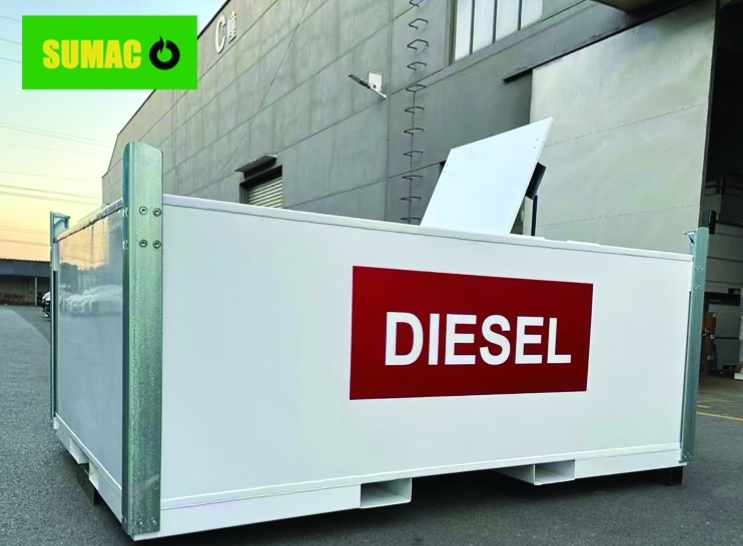Fuel Transportation Safety Guidelines
1 Loading Procedures
- Ensure the proper amount of fuel when loading. Avoid overloading, which could affect driving safety.
- Check the tank seals to prevent leaks during loading.
- Maintain proper fueling procedures to prevent fuel spills and potential safety hazards.
- After loading, secure all components to ensure stability during transportation.
2 Driving Practices
- Maintain a steady speed while driving.
- Avoid sudden acceleration, braking, and sharp turns to minimize the tank's swaying due to inertia.
- Maintain a safe distance from other vehicles, always monitor road conditions.
- Slow down when driving on complex roads, strictly obey traffic rules, and refrain from changing lanes or overtaking.
3 Environmental Awareness
- In hot weather, avoid prolonged exposure to the sun and stop briefly in the shade to cool down.
- In cold weather, monitor the fuel level to prevent low temperatures from affecting its fluidity.
- When driving in mountainous and hilly terrain, pay special attention to slopes and curves, and operate with caution to ensure safety.
4 Emergency Preparedness
- Carry necessary firefighting equipment and leak handling tools, and be familiar with emergency procedures.
- If a minor leak occurs during travel, immediately pull over to a safe area, take appropriate measures to prevent further leakage, and contact qualified personnel promptly.
- In the event of an emergency such as a fire, quickly evacuate to a safe area and call the police for assistance.
5 Parking Procedures
- Choose a safe and suitable location for temporary parking.
- Keep away from sources of fire, heat, and crowded areas.
- Avoid parking on steep slopes or uneven surfaces.
- After parking, apply the parking brake, turn off all equipment, and inspect the tank and surrounding area for any abnormalities.
-
If necessary, set up warning signs to prevent accidental contact with other vehicles or personnel.

